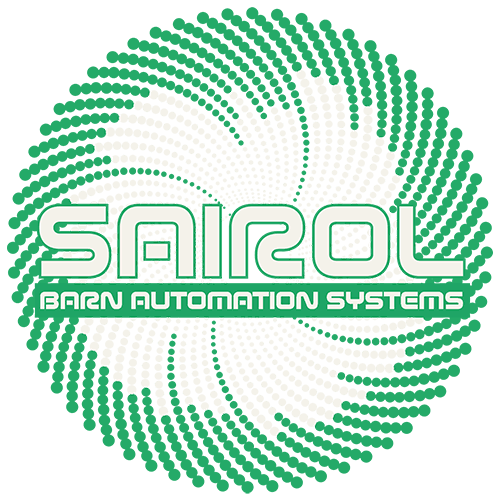The Ultimate Guide to Equine Waste Management Solutions
Understanding Equine Waste Management
Equine waste management is a crucial aspect of maintaining a healthy and sustainable environment for horses and their caretakers. Effective waste management not only improves the overall hygiene of the facility but also contributes to the well-being of the horses. This guide aims to provide insights into various solutions and best practices for managing equine waste effectively.

The Importance of Proper Waste Management
Proper waste management is essential for reducing the environmental impact of equine facilities. Accumulated waste can lead to unpleasant odors, attract pests, and pose health risks to both horses and humans. By implementing efficient waste management practices, facility managers can ensure a cleaner and more pleasant environment.
Moreover, effective waste management can also contribute to sustainable practices by allowing for the recycling and repurposing of horse manure. Manure can be a valuable resource if managed correctly, serving as a natural fertilizer and contributing to soil health.
Key Components of Equine Waste Management
There are several key components to consider when managing equine waste. These include collection, storage, and disposal. Each step requires careful planning and execution to ensure that waste is handled efficiently and safely.

Collection and Storage
The first step in managing equine waste is its collection. This involves daily removal of manure from stalls, paddocks, and other areas where horses reside. Using appropriate tools such as pitchforks or shovels can make this task easier and more efficient.
Once collected, the waste needs to be stored properly to prevent contamination and odor issues. Storage solutions include covered manure bins or designated compost areas. Ensuring that storage areas are protected from rain can prevent nutrient leaching and reduce potential runoff problems.
Disposal and Utilization
Proper disposal of equine waste is essential for maintaining environmental integrity. Options for disposal include composting, spreading on fields as fertilizer, or transporting off-site for further processing. Composting is an environmentally friendly option that transforms waste into valuable compost material that can enrich soil quality.

When spreading manure on fields, it is important to follow local guidelines and regulations to prevent over-application and potential water contamination. Partnering with local farmers or gardening communities can be a practical way to repurpose manure as a natural fertilizer.
Implementing Best Practices
To ensure effective equine waste management, implement best practices such as regular training for staff on waste handling procedures and investing in appropriate equipment. Monitoring the waste management process regularly can help identify areas for improvement and ensure compliance with environmental regulations.
Developing a waste management plan tailored to the specific needs of your facility can streamline operations and enhance sustainability efforts. By prioritizing waste management, equine facilities can contribute positively to the environment while maintaining high standards of care for their horses.
